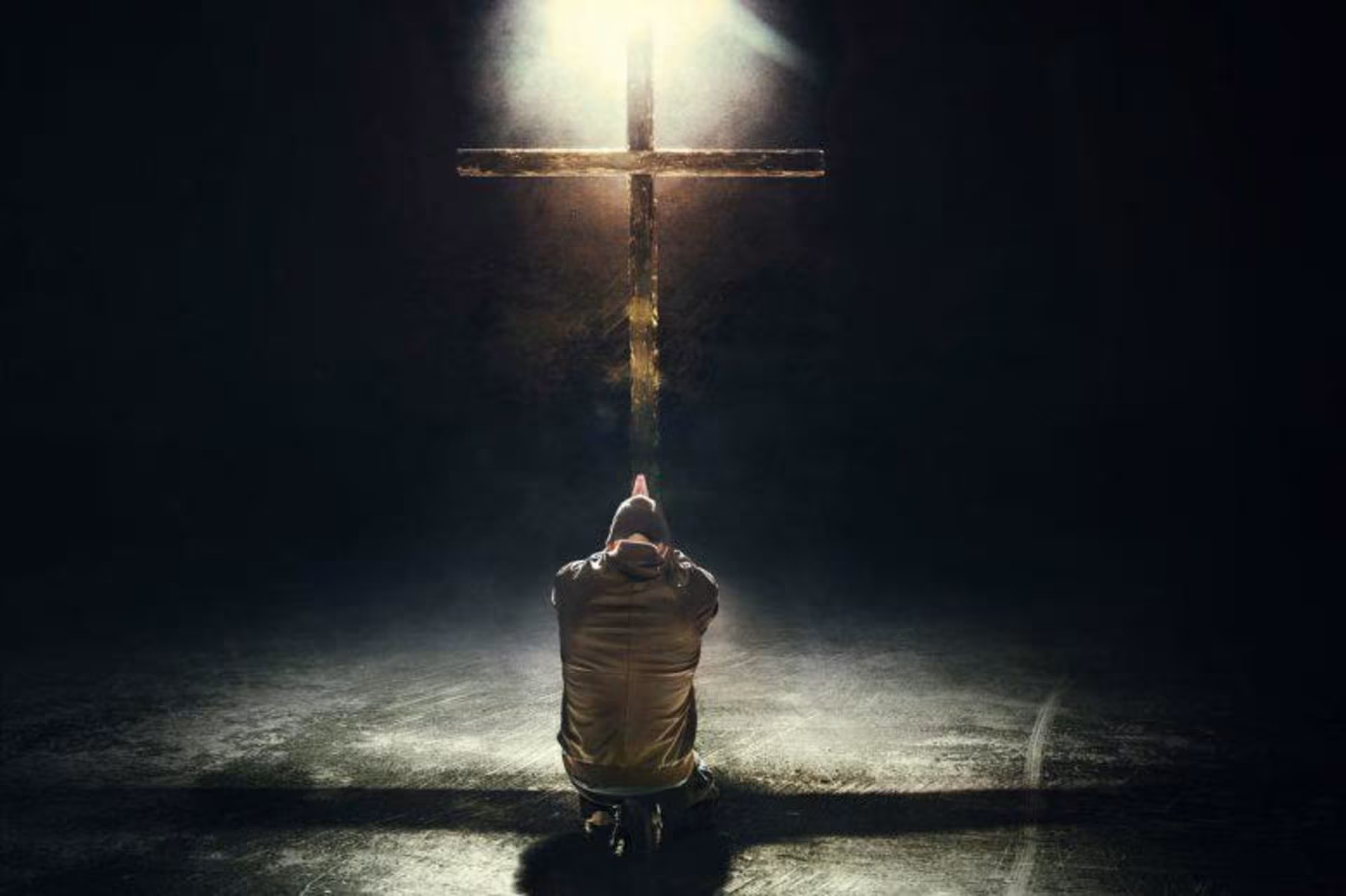Read time 3 minutes
Published on Mar 29, 2018
Every year as Easter approaches I experience a curious feeling. What happens exactly is hard to say but a kind of uneasiness occurs. Why so? I mean, I have been a Christian “all my life.” Actually, that might not be entirely accurate. Let me explain.
Having grown up in LDSville (southeast Idaho) in the 60s and 70s it seemed I knew all a youngster could about Jesus. Truth be told our family—excepting grandma’s devotedness to the Mormon faith—merely was LDS culturally; in other words “Jack Mormons” (sympathetic to but not active with Latter-Day Saints’ beliefs and practices).
Long story short, relocating from Idaho to Southern California (as a wide-eyed 14-year-old) meant for me jettisoning all LDS cultural garb for full-fledged self-centered egoism—along with spiritual agnosticism and moral subjectivism—only to hit a dead-end five years later. But immeasurably it also meant being hit head-on by the Savior’s loving grace and calling! A radical worldview-shift began to emerge.
One might be wondering by now what any of this has to do with Easter. Resurrection? Uneasiness? Well pretty much everything. But I’ve gotten ahead of myself.
My Easters BCE (before Christ-encountering) exemplified uneasiness—a T-shirt and jeans-clad kid forced to dress up in those tight black loafers and all-too-short-and-skinny tie, uncomfortable understates the case! My Easters consisted of chasing after hidden Easter eggs, overindulging on nothing-but-unrefined-sugar candy and, worst of all, walking through the white-bricked hallways of “heaven’s justice” only to sit (what seemed like forever) on pews serving as prison chairs for uninterested church inmates like me dreaming of being “on the outside.” What could be worse? Whatever the content of those BCE Easter Sundays, it fell on deaf ears of this cobelligerent Jack Mormon—not just once but once every year for more than a decade. Uncomfortable. Uninterested. Unresponsive. Uneasy.
But then everything changed . . . as it did on that Third Day. Two deaths took place. One was mine—involved dying to the false gods of self-sufficiency, self-importance and self-seeking. One was Jesus’—involving dying to redeem others, to deliver them from the false gods of this world (and so much more!).
Two risings from the dead took place too. One was mine—involving being raised from deadness in trespasses and sins to new, everlasting aliveness with Christ (Ephesians 2:1-5). One was Jesus’—involving rising from the dead (Matthew 28:6), being the first fruits of the resurrection of the dead (1 Corinthians 15:20-23) in order to actualize the possibility that everyone who believes in him might have everlasting life (John 3:16). Thus, as it turns out, my own dying and rising stood entirely dependent on the Lord’s own death and resurrection!
So, Resurrection . . . Again? Absolutely! Easter—better, Resurrection Day—points the church and all humanity (including you and me) to the festive celebration of Jesus Christ our Lord’s resurrection from the dead, the culmination of his passion and crucifixion and the verification of his authority, divinity and Lordship (Matt. 28:18-20). And hopefully all this points to our own experience of dying and rising with him (Philippians 3:10-11).
Uneasiness, still? Yes, but in a way now quite different since the CE (Christ-encountering). Knowing personally the perfect greatness and the goodness of our Lord and Savior, which also confronts my personal imperfections and failings, remains a bit discomforting. Yet also knowing that same greatness and goodness is grounded forever in Christ’s resurrection love toward us—that is a great and good comfort on which we can depend!
He is risen, he is risen indeed (Luke 24:33-34)! Hallelujah, the Resurrection . . . Again!
Check out more articles from Theology Thursday and come back each week for a new post. Learn more about the College of Theology by looking at our website or requesting more information with the button on this page.





